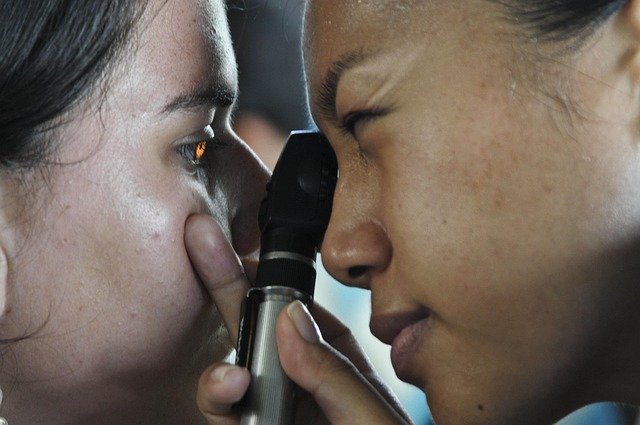Autism Treatment and Screening Options for Children
Effective autism treatment is crucial for supporting children on the spectrum, and a variety of approaches are available to help them thrive. This article will explore various treatment options, including behavioral therapies, educational interventions, and alternative therapies, highlighting their benefits and effectiveness. By understanding these treatments, parents and caregivers can make informed decisions that best meet the unique needs of their children with autism, fostering their development and well-being.

Understanding Early Autism Screening and Diagnosis
Early screening for autism typically begins during regular pediatric checkups, with doctors monitoring developmental milestones. Professional screening tools can identify signs of autism as early as 18 months, though many children receive diagnosis between ages 2 and 4. Comprehensive diagnostic evaluations include behavioral observation, developmental assessments, and parent interviews to determine if a child meets autism spectrum criteria.
Behavioral Therapy Approaches for Autistic Children
Applied Behavior Analysis (ABA) remains one of the most researched and effective therapies for autistic children. This structured approach helps develop communication, social skills, and adaptive behaviors while reducing challenging behaviors. Other evidence-based behavioral interventions include:
-
Early Start Denver Model (ESDM)
-
Pivotal Response Treatment (PRT)
-
Verbal Behavior Therapy (VBT)
Speech Therapy for Autism: Building Communication Skills
Speech therapy for autism focuses on developing both verbal and non-verbal communication abilities. Speech-language pathologists work with children to:
-
Improve articulation and pronunciation
-
Enhance conversation skills
-
Develop alternative communication methods when needed
-
Build vocabulary and language comprehension
-
Support social communication skills
Understanding the Cause of Autism and Treatment Implications
While the exact cause of autism remains unknown, research suggests a combination of genetic and environmental factors. This understanding influences treatment approaches, emphasizing the importance of individualized intervention plans that address each child’s specific challenges and strengths.
Educational and Developmental Interventions
Educational interventions play a crucial role in supporting autistic children’s development. These may include:
-
Structured teaching methods
-
Social skills groups
-
Occupational therapy
-
Physical therapy
-
Special education services
Treatment Costs and Provider Comparison
| Treatment Type | Average Cost Range | Insurance Coverage |
|---|---|---|
| ABA Therapy | $120-200/hour | Often covered |
| Speech Therapy | $100-250/session | Usually covered |
| Occupational Therapy | $150-200/session | Usually covered |
| Social Skills Groups | $50-100/session | Varies |
Prices, rates, or cost estimates mentioned in this article are based on the latest available information but may change over time. Independent research is advised before making financial decisions.
Early intervention services remain essential for supporting children with autism, though treatment approaches should be tailored to each child’s unique needs. Success often comes through combining various therapeutic approaches while maintaining consistent support across home, school, and therapy settings. Regular evaluation of treatment effectiveness helps ensure interventions continue to meet the child’s evolving needs.
This article is for informational purposes only and should not be considered medical advice. Please consult a qualified healthcare professional for personalized guidance and treatment.




